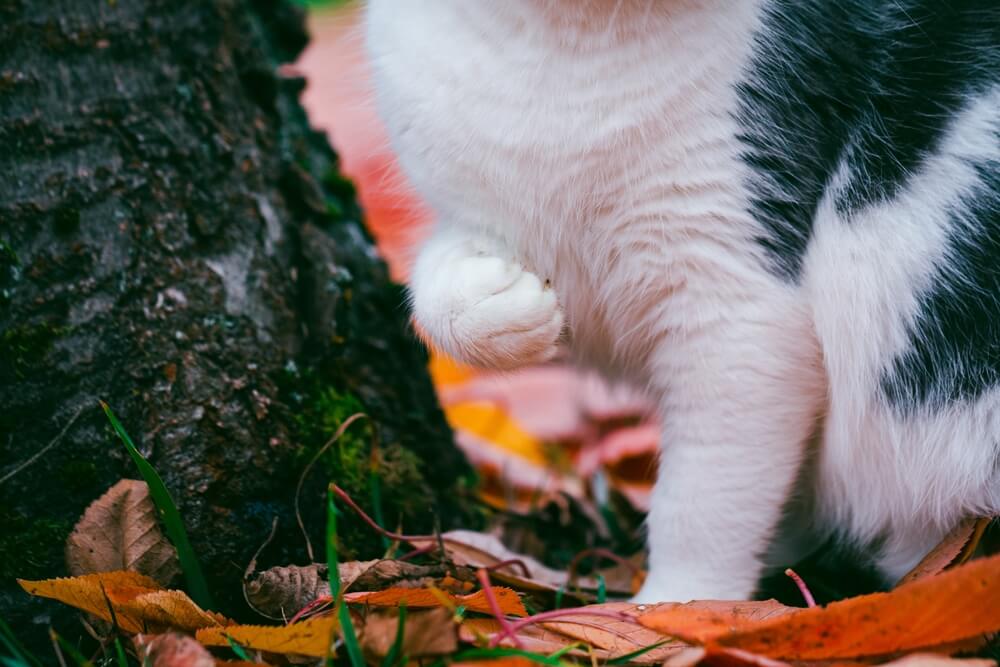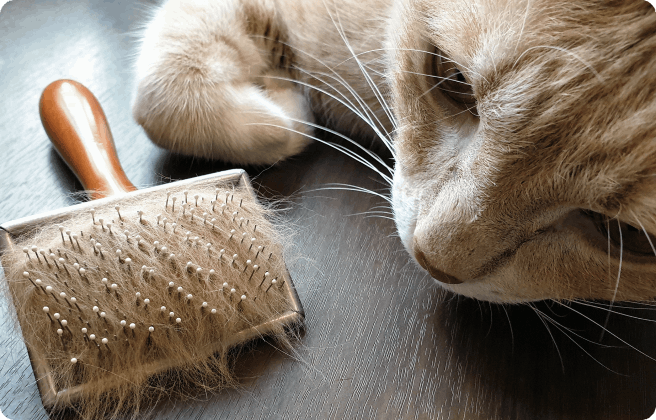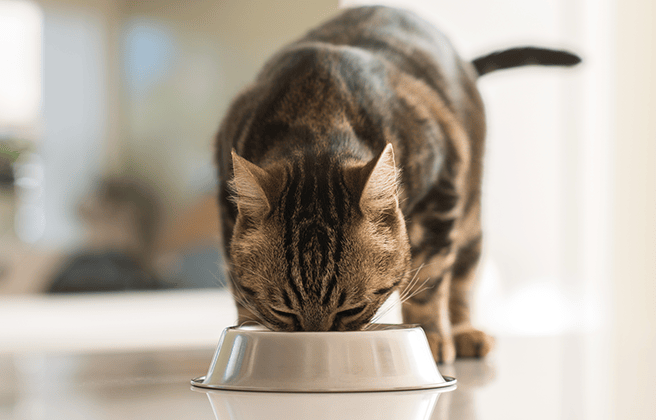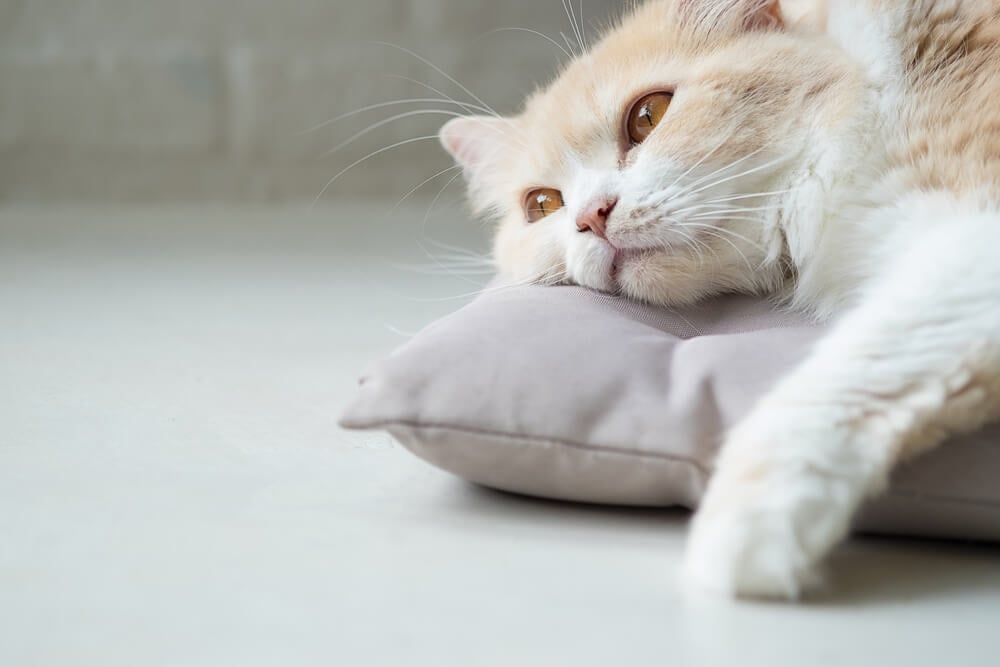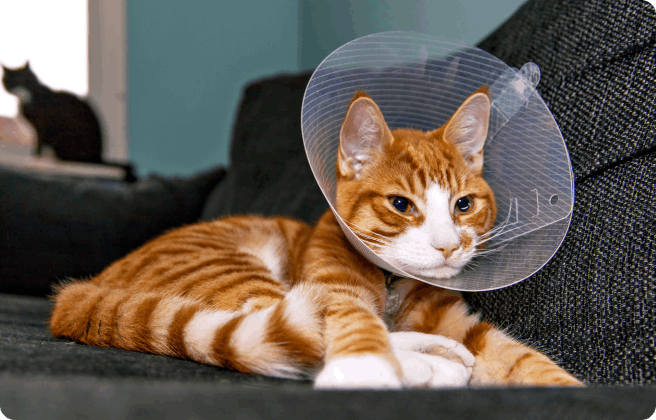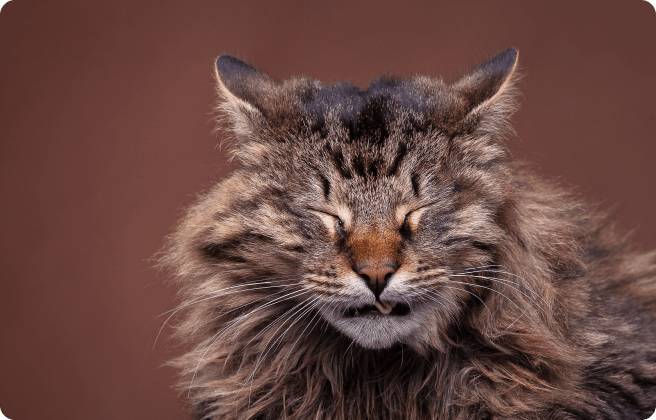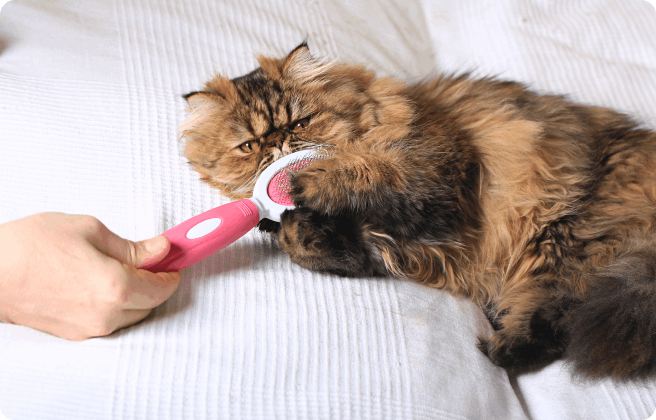
Hairballs are formed when a cat grooms itself, as the rough surface of the tongue picks up loose hair and sends it down the throat and into the stomach. These hairs then accumulate into a hairball, which is not only horrible to clean up, but can also cause health issues for your cat.
But cats will always groom themselves, so how can you stop them getting hairballs?
- Groom your cat regularly
- Use a damp cloth
- Try cat food formulated to prevent hairballs
- Give your cat more fiber
- Add oil to your cat’s diet
- Use a hairball product or laxative
- Increase your cat’s water intake
Groom your cat regularly
Hairballs occur when your cat ingests loose hair, so beat them to it by brushing your cat regularly — daily if you can. Some cats will not be comfortable with a human grooming session, but you could try a massage brush or rewarding your cat with a treat while brushing. Professional groomers are also a good option and will have a range of deshedding tools to help with long hair.
Use a damp cloth
If you find that there is still excess hair after brushing, use a damp cloth or fragrance-free, hypoallergenic baby wipe to pick up any remaining hairs. This will reduce the amount of loose hairs which end up in your cat’s stomach and help to prevent hairballs.
Try cat food formulated to prevent hairballs
You can now buy cat food which has been specifically formulated to prevent hairballs. Usually these recipes will contain more fiber, oil, and vitamins to help the loose hairs pass through the digestive system more easily.
Give your cat more fiber
Fiber helps to promote a healthy digestive tract but getting the balance right with cats is important. Too much fiber could prevent a cat from absorbing nutrients so if you’re already using a hairball formula cat food, adding more fiber could be problematic. Talk to your vet if you’re unsure how much fiber to add to your cat’s diet. Extra fiber could include pumpkin, apples, carrots, cat grass or fiber powder.
Add oil or digestive aids to your cat’s diet
Oil can help to prevent hairballs in two ways. Firstly it supports a healthy coat which will naturally reduce shedding, and it also helps to nourish the intestinal tract which will help to move ingested hair along smoothly. You can add a teaspoon of olive oil or fish oil into your cat’s food once a week or treat them to a cat of sardines or tuna occasionally. Digestive enzyme products are another option to help break down hair which is in the digestive system.
Use a hairball product or laxative
Sometimes cats need a little extra help to pass hairballs. There is a huge range of hairball products available to buy online or in stores such as oils, gels, and pastes. Most of them are mild laxatives so check with your vet before using as this could complicate existing health conditions.
You could also try applying a small bit of petroleum jelly on your cat’s paws for them to lick which will then line the digestive tract and help hair to pass.
Increase your cat’s water intake
Cats on a dry food diet may not be getting enough water to help with a healthy digestive system. Your cat should always have access to fresh, clean water — preferably the water they prefer. Some cats don’t like tap water and prefer running water, so a cat water fountain will ensure they’re actually drinking the water. You also might want to consider wet food, if your cat suffers with hairballs, to provide more hydration for your cat and support healthy digestion.
When to consult a vet
Hairballs are completely natural and mostly unproblematic for cats, but if they grow large enough they can cause intestinal obstruction. In these cases, your cat might need surgery to remove the hairball.
What problems can hairballs cause?
Your cat may need to have a hairball removed if it has any of these symptoms:
- If your cat is grooming excessively
- Continued vomiting, gagging, retching, or hacking without producing a hairball
- Frequent coughing
- Reduced appetite or won’t drink
- Lethargy
- Constipation or bloated abdomen
- Diarrhea
We uphold the highest editorial standards when creating the authoritative content pet parents rely on and trust.
Every piece of clinical content on the Cat Food Advisor is reviewed by our certified Veterinary Advisory Board, which consists of licensed veterinarians and medically certified specialists.
Our reviews are completely independent; we are not paid by any pet food company to promote their products favorably. We do not accept money, gifts, samples or other incentives in exchange for special consideration. For more information see our Disclaimer & Disclosure page.




